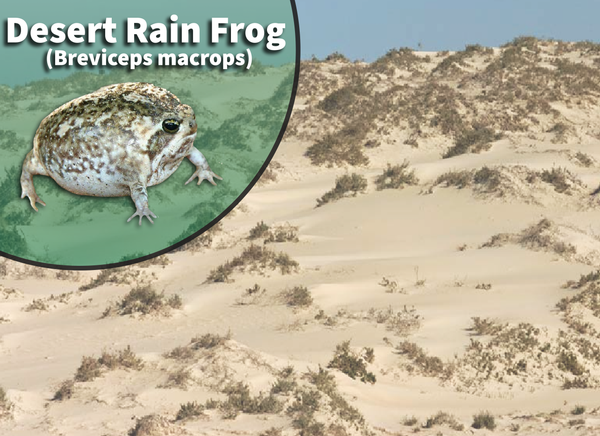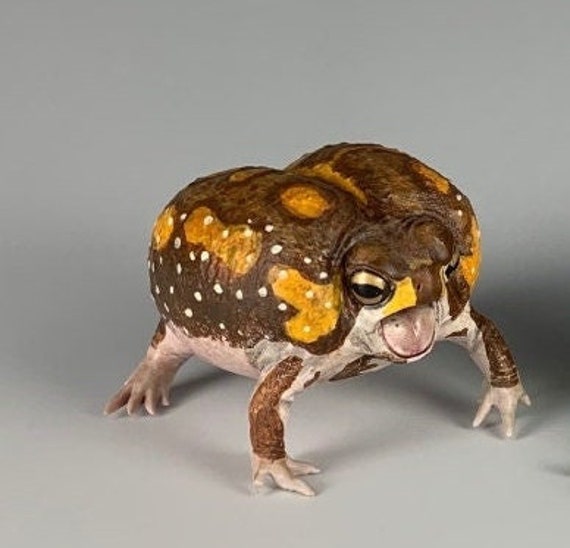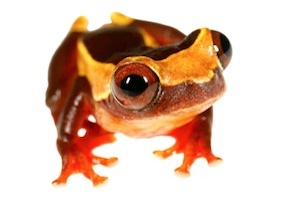Common Health Issues in Reptiles: Signs And Symptoms and Solutions
In the intricate world of reptile care, understanding the usual health problems that may impact these special animals is extremely important in guaranteeing their well-being. From breathing infections that can quietly hold to metabolic bone diseases that can debilitate, reptiles are vulnerable to a series of conditions that require keen observation and timely treatment. Whether it's grappling with parasitic problems, browsing dehydration problems, or addressing skin ailments that manifest in subtle means, being in harmony with the signs and symptoms and geared up with the expertise of reliable remedies is crucial for any reptile proprietor. By delving additionally into the nuances of these health and wellness issues and checking out the sensible remedies available, one can safeguard the health and wellness and vitality of these remarkable pets.
Respiratory System Infections
Breathing infections in reptiles can considerably affect their general health and wellness and need timely attention from skilled vets. In reptiles, respiratory infections can be especially challenging to identify and treat due to their distinct anatomy and physiology.
Therapy for respiratory infections in reptiles usually involves a combination of supportive care, such as preserving proper humidity degrees and temperature gradients in the room, along with targeted medicine to address the specific pathogen responsible for the infection. It is crucial for reptile owners to monitor their animals closely for any kind of signs of breathing distress and seek vet treatment at the earliest indication of a problem. With prompt intervention and appropriate therapy, many reptiles can recoup totally from breathing infections and return to regular activities.

Metabolic Bone Condition
What factors add to the advancement of Metabolic Bone Disease in reptiles?
Metabolic Bone Disease (MBD) in reptiles is mainly caused by a lack of correct calcium, phosphorus, and vitamin D3 degrees in their diet. When reptiles do not get ample calcium, either through their food or correct UVB exposure for vitamin D3 synthesis, they are at a high risk of establishing MBD. Reptiles with diet plans reduced in calcium or unbalanced calcium to phosphorus proportions are specifically vulnerable. Additionally, poor direct exposure to UVB light prevents reptiles from manufacturing vitamin D3, which is critical for calcium absorption and bone health.
Other adding aspects to MBD include improper temperature level gradients within the reptile's habitat, resulting in reduced metabolic process and damaged calcium absorption. Insufficient humidity degrees can also influence a reptile's ability to metabolize calcium successfully. Additionally, certain reptile types have specific nutritional requirements that, otherwise satisfied, can enhance the chance of creating MBD. Normal veterinary exams, appropriate husbandry methods, and a well balanced diet plan are important to avoid Metabolic Bone Illness in reptiles.
Parasitic Invasions
Parasitical invasions position a substantial wellness risk to reptiles, impacting their overall well-being and requiring timely vet attention. Reptiles can be influenced by various parasites, consisting of mites, ticks, inner worms, and protozoa. These parasites can create a variety of symptoms, such as fat burning, sleepiness, skin irritation, diarrhea, and also death if left unattended.
One usual parasite located in reptiles is the mite, which can cause skin tension, anemia, and irritation. Ticks are one more external parasite that can cause and transmit illness pain to the reptile. Inner parasites like worms and protozoa can cause digestive system concerns, poor nutrition, and damage the reptile's immune system.
To detect a parasitic invasion, a vet may execute fecal tests, skin scrapings, or blood tests. Treatment often involves deworming drugs, antiparasitic baths, or in serious situations, a hospital stay. Preventative steps such as normal other veterinary exams, correct health, and quarantine procedures for brand-new reptiles can aid lessen the risk of parasitical invasions and ensure the well-being of reptile pet dogs.
Dehydration and Hydration Issues
Dehydration in reptiles can dramatically influence their health and health, demanding prompt treatment and proper hydration monitoring. If left neglected, dehydration can check out here lead to serious wellness concerns and also be fatal to the reptile.
To avoid dehydration, reptile proprietors ought to ensure that their animals have access to clean water in all times. The water meal ought to be large sufficient for the reptile to take in if required, specifically for varieties that absorb water via their skin. Furthermore, maintaining correct humidity levels in the reptile's enclosure and providing regular bathrooms can help prevent dehydration.
In instances of dehydration, it is important to seek veterinary treatment immediately. A veterinarian may carry out fluids either by mouth or through shots to rehydrate the reptile. It is important to deal with the underlying reason of dehydration to avoid reappearance and make sure the reptile's total wellness.
Skin Conditions

Verdict

Respiratory system infections in reptiles can considerably affect their total wellness and need timely attention from seasoned vets (rain frog for sale). Preventative procedures such as routine vet exams, appropriate hygiene, and quarantine treatments for brand-new reptiles can assist decrease the threat of parasitic infestations and make certain the health of reptile animals
If left unattended, dehydration can lead to serious wellness concerns and also be fatal to the reptile.
On a regular basis evaluating your reptile for any kind of modifications in skin look, texture, or color can aid in very early discovery and therapy of skin disorders, advertising the total wellness and well-being of your flaky companion. - rain frog for sale
In final thought, reptiles are susceptible to different health and wellness issues such as respiratory infections, metabolic bone condition, parasitic infestations, dehydration, and skin ailments.